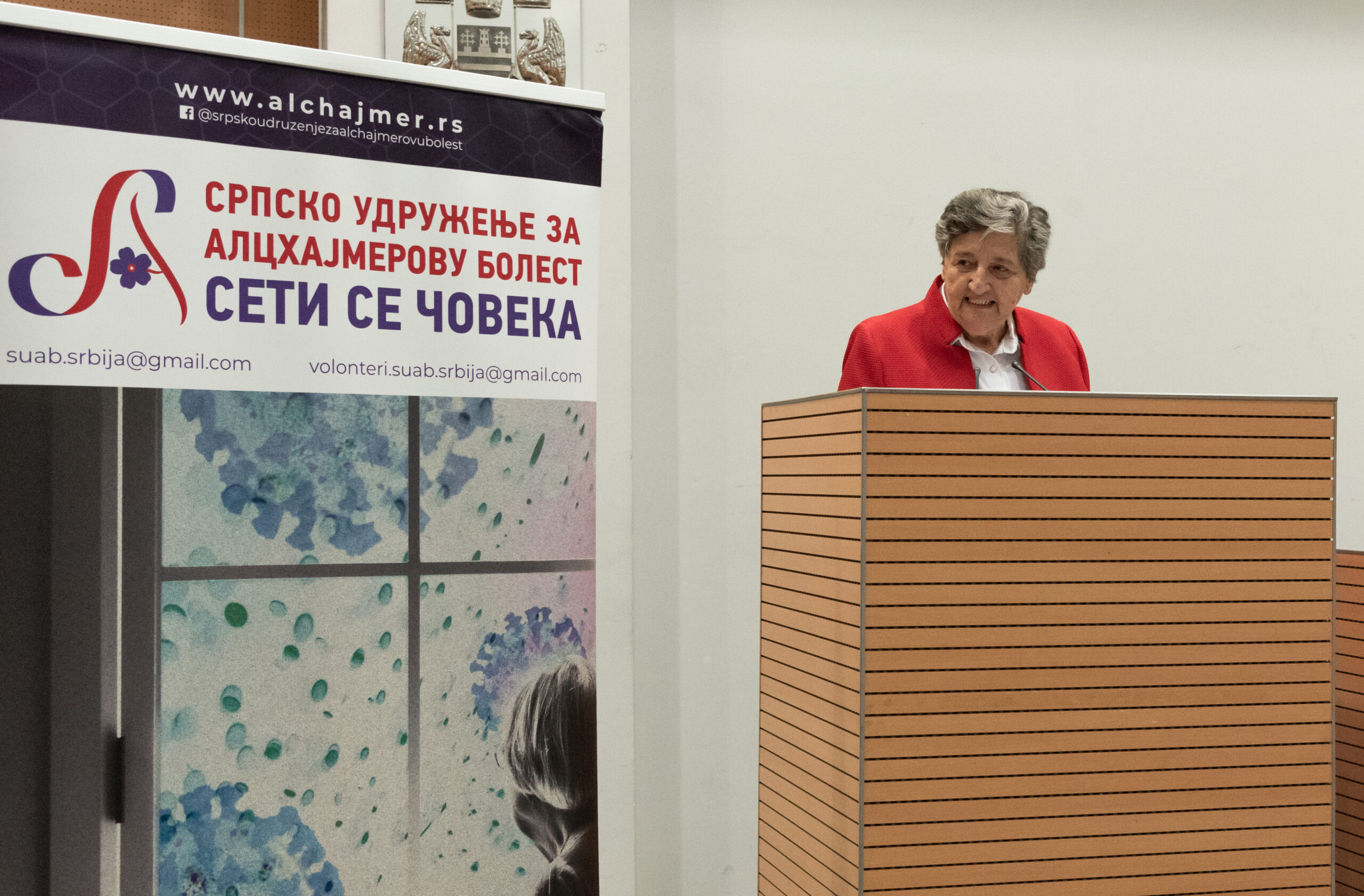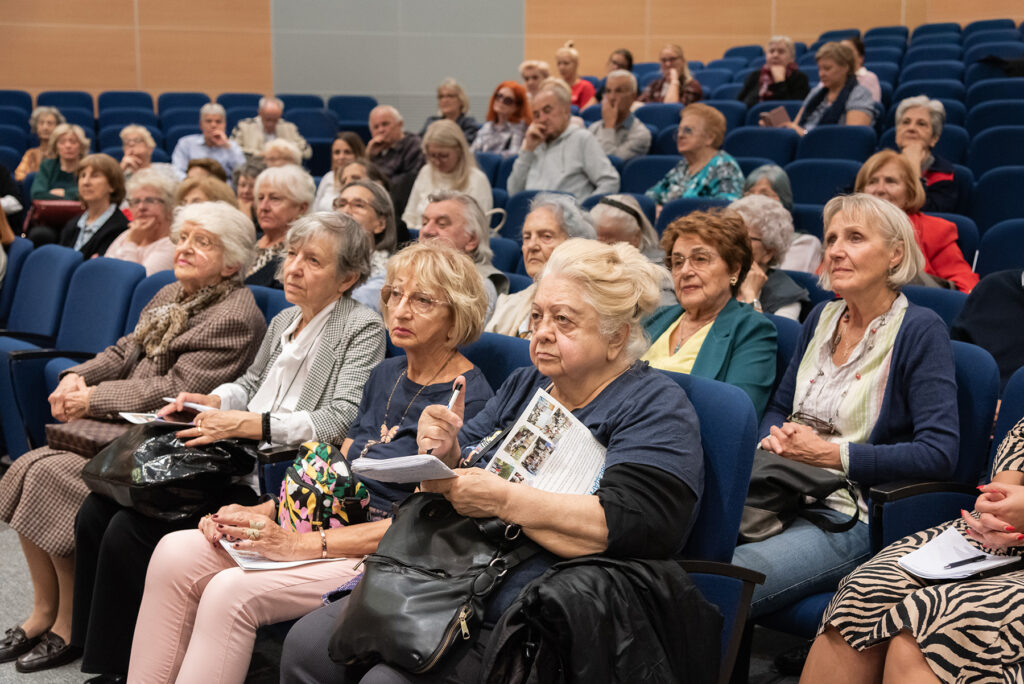
20 sep World Alzheimer’s Day
ANNOUNCEMENT
September 21
World Alzheimer’s Day
Today is September 21 – World Alzheimer’s Day. The Serbian Association for Alzheimer’s Disease, an associate member of the International Association for Alzheimer’s Disease (ADI), third time is a part of the global awareness-raising action and celebrates this day with its partners. Our wish is to draw the attention of professionals and the general public to the challenges and problems faced by people with dementia, the families who care for them and the communities in which they live and call for action to change the situation. Because…
It’s time to act on dementia!
It is estimated, there are more than 55 million people living with this condition in the world, of which more than 140,000 are in Serbia, and in five years this figure will increase to 78 million on a global level.
- Globally, 75% of those living with dementia remain undiagnosed – Low levels of awareness, persistent stigma, misinformation and discrimination hamper efforts to tackle the condition. It means that many ignore the warning signs of the disease. With a timely diagnosis, people can access post-diagnosis support to enable them to live longer independently, with better quality and dignity.
“We didn’t realise it in time. We were preconceived that forgetfulness was normal in old age, so we attributed dementia to old age. Only after three years of suffering and doubts did we take my mother to the doctor, she received the correct diagnosis and medication that helped her reduce her aggressiveness and restlessness.” These are the words of Mrs. S. S., who has been taking care of her mother, who lives with dementia, for 15 years.
- Dementia is one of the main causes of disability and dependency of older people, and our systems, in the first place health and social systems are not ready for the current, and the future number of people living with dementia. Dementia is the seventh leading cause of death globally. This also has serious economic consequences. The current estimated annual cost of dementia worldwide is $1.3 trillion, but by 2030 the cost is expected to double to $2.8 trillion.
- 85% of people living with dementia are unable to access support after diagnosis – Timely diagnosis and follow-up post-diagnosis can enable those living with this condition to live independently for longer and with more dignity. However…
We lack daily services in the community: day care centres, respite accommodation, support groups, counselling centres for people with dementia and relatives who care for them, educational workshops for families and systematic education of health workers.
A relative caring for an adult sick family member cannot receive more than one week of sick leave per year. An employed relative, an informal caregiver, does not have the opportunity to work part-time. It is difficult to access to a financial allowance for home care and assistance. There are no vacant capacities in public aged care institutions for the accommodation or respite… And that’s why:
It’s time to act and change the situation!
Therange the situatioefore, Alzheimer’s Disease International and the Serbian Association for Alzheimer’s Disease call on the Government of the Republic of Serbia, local governments and individuals to recognize the urgency of the situation and take decisive measures to raise the level of awareness and reduce the stigma that still remains an obstacle to diagnosis, treatment, care and necessary support for people with dementia and their families.
It is necessary for the Government of RS to urgently create a Strategy or Plan for solving dementia issues, as it committed to the World Health Organization in 2017, and to include in them strong campaigns to raise public awareness and initiatives that nurture inclusive and supportive communities.
For more information: nada@amity-yu.org tel. 063/8108-600
In Belgrade, September 20, 2024,
Mr Nadežda Satarić, MSc
President of the Board of Directors
About World Alzheimer’s Day:
This day was conduct for the first time in 1994, when dementia associations and other organizations united in efforts to educate the world about the disease and its impact on families, communities and nations. In 2012, the World Health Organization (WHO) declared this disease a public health problem and a public health priority. In Serbia, this date has been celebrated since 2012.

Fotografije: Ana Batrićević
